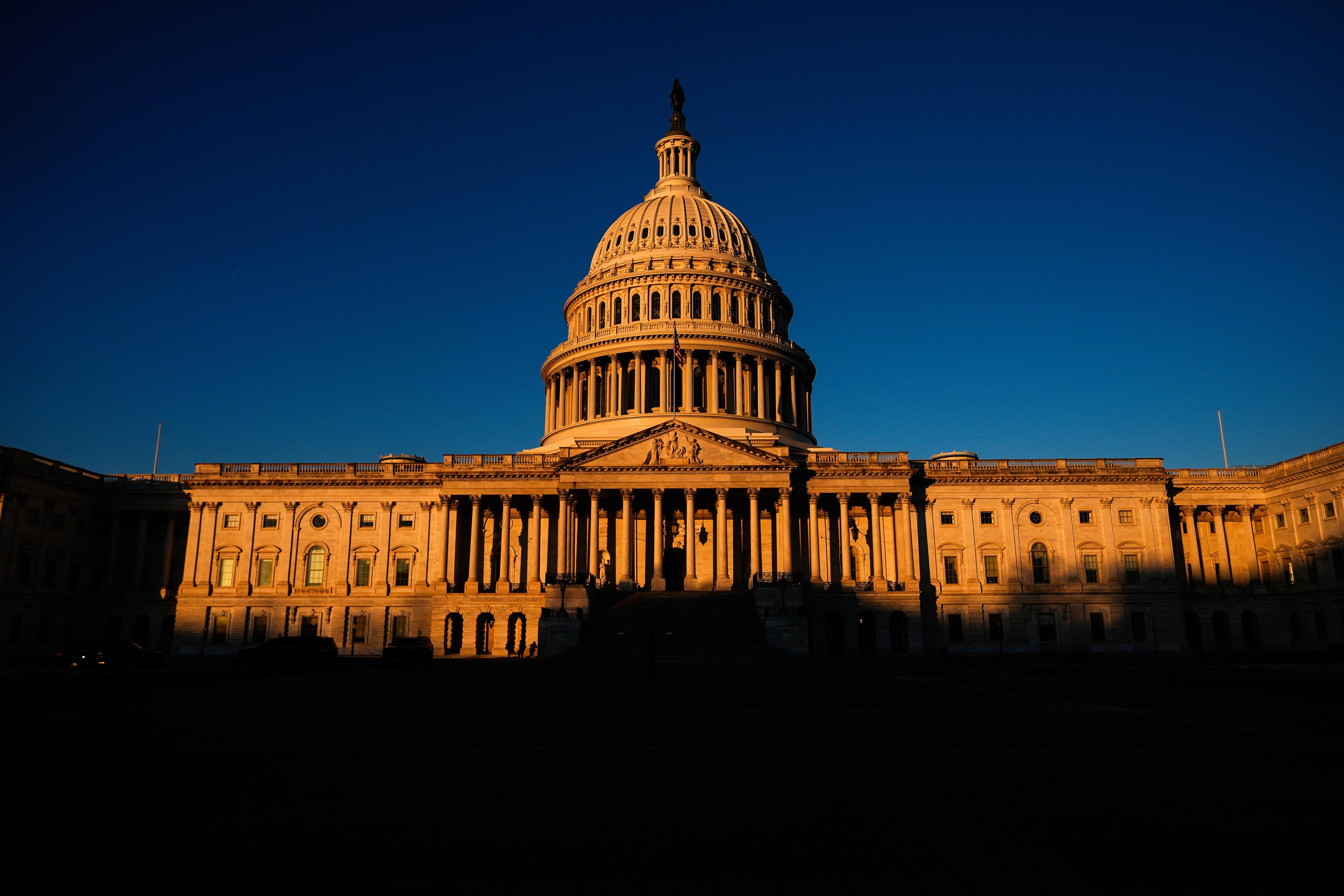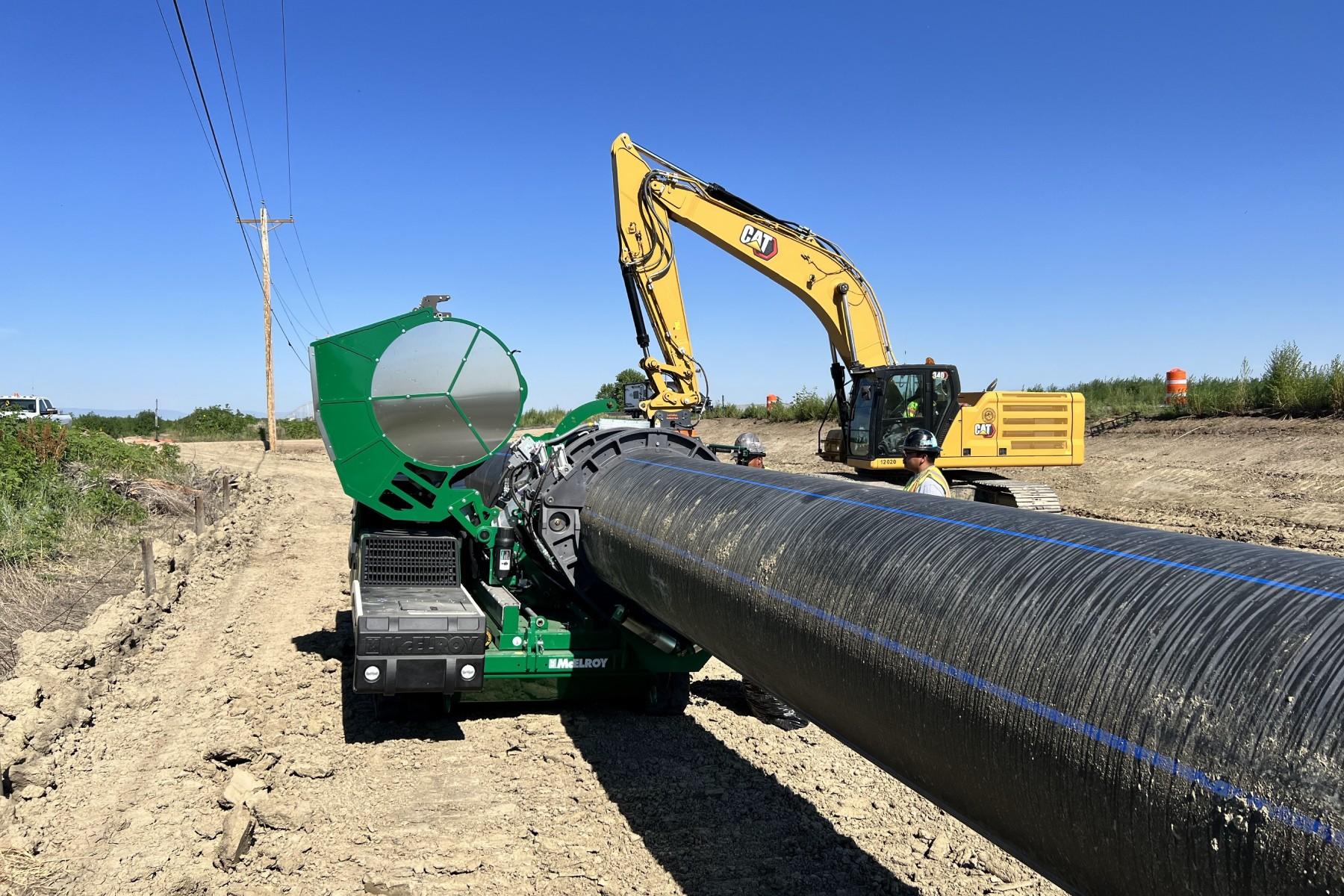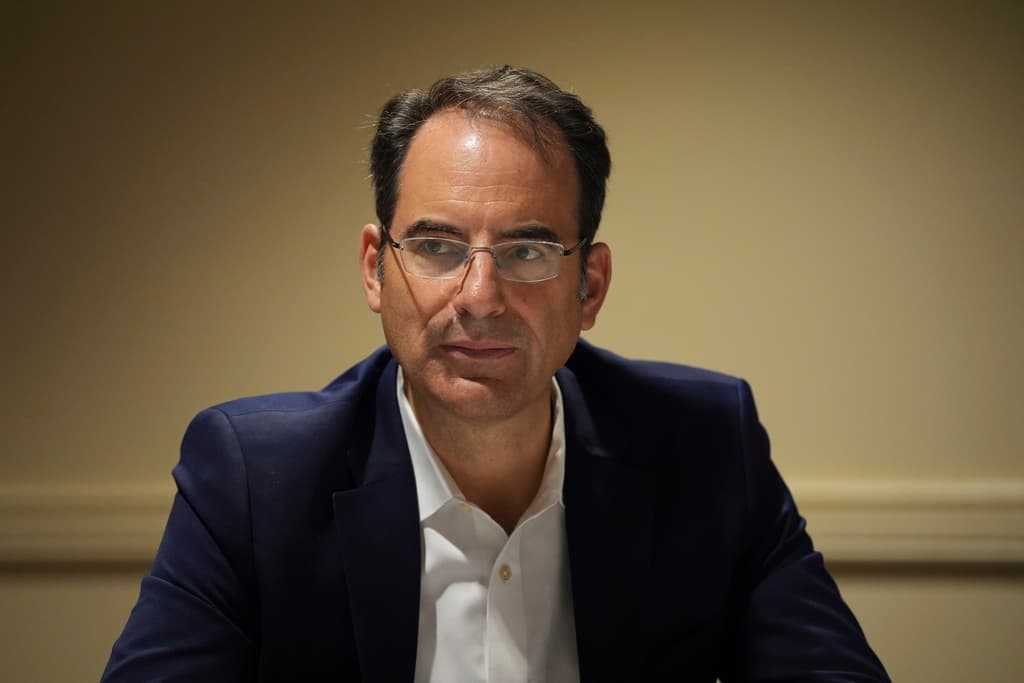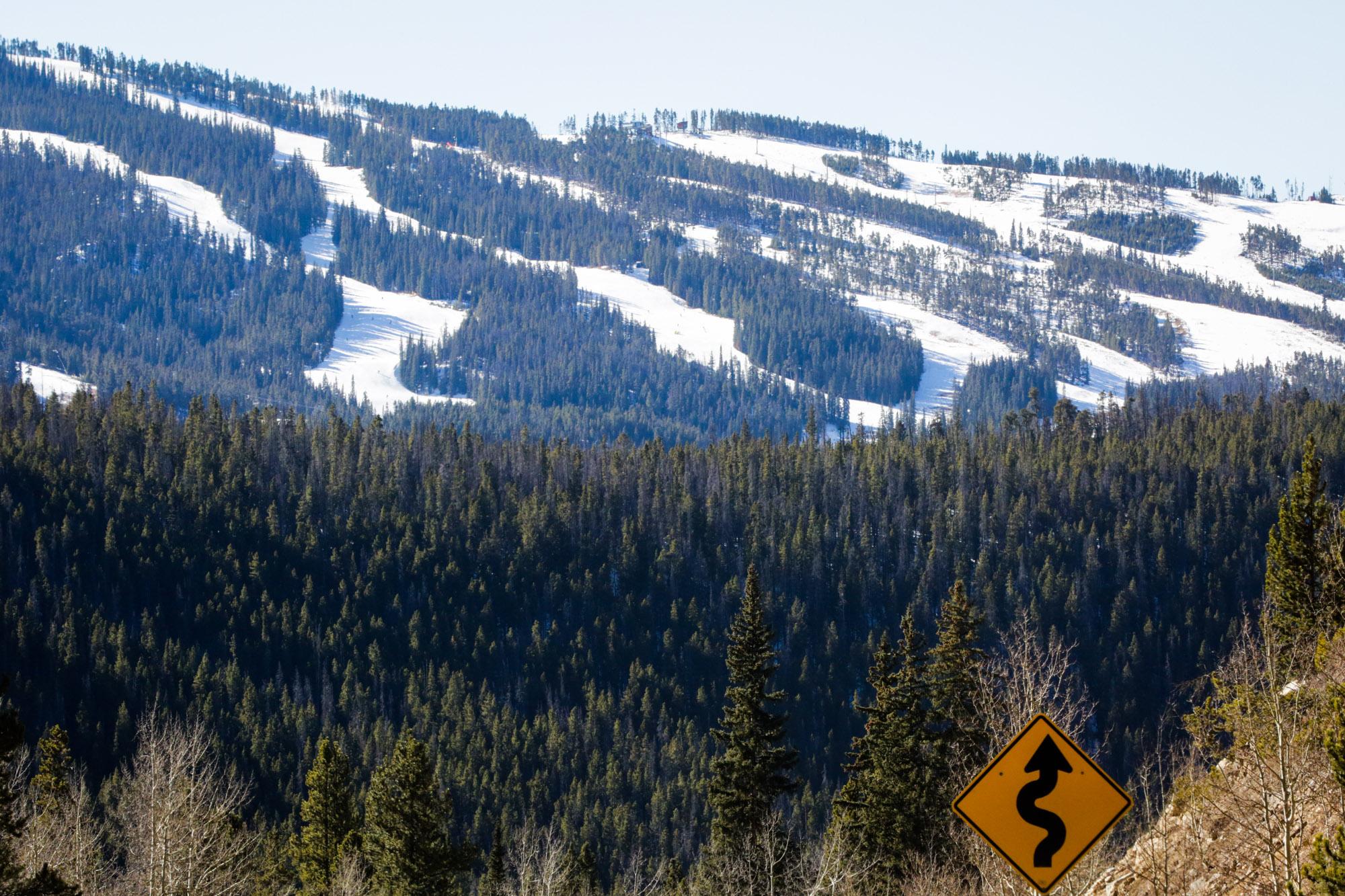

Even though energy wasn’t a top focus during the 2018 session, Colorado legislators still managed to pass a handful of bills focused on fuel sources and oil and gas development.
Most notable was an effort to continue funding for the Colorado Energy Office. In 2017, the office lost millions after Republicans and Democrats were unable to compromise on balancing priorities between fossil and alternative fuel sources. SB18-003 reaffirmed the priorities of both types of energy and included $3.27 million in additional funding.
“The bill was designed to be a bipartisan compromise, and programmatically there’s very little change,” Democratic State Rep. Chris Hansen said. “It’s still heavily focused on urban and rural efficiency programs. As well as the center of energy policy making in the executive branch.”
One of the few oil and gas measures to pass both houses aims to help state regulators give orphan wells some TLC. HB18-1098 will pool unspent money from the Colorado Oil and Gas Conservation Commission to help pay for the clean-up of abandoned oil and gas wells.
Both chambers also approved a bill that changes how the mandatory consolidation of plots of leased land, known as “forced pooling,” works in Colorado. SB18-230 would give mineral rights owners 60 days notice after receiving a pooling request before attending a state hearing. It was previously a 34 days notice. Mineral rights owners who don’t consent to pooling their land will now be immune from costs related to spills and benefit from other transparency requirements.
"Now the commission will actually give them a standard brochure so they understand what their rights are,” Republican Rep. Lori Saine said.
A second forced pooling measure sponsored by Democrats died in the Republican controlled state Senate. SB18-1289 would have exempted school districts from forced pooling requirements.
Other energy-related bills headed for the governor’s desk include SB18-167, which imposes additional accountability requirements when companies don’t follow the Colorado 811 Call Before You Dig system, and HB18-1270, which gives the Public Utilities Commission guidelines for how it will evaluate battery storage projects for utilities in the future.








